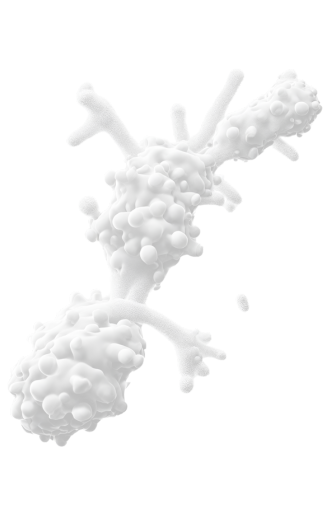Acute Inflammation
The Disease
Acute inflammation is a rapid and localized physiological response to tissue injury or infection, characterized by a series of vascular and cellular changes. This process typically unfolds over hours to a few days and is marked by the classic signs of redness, heat, swelling, pain, and potential loss of function. The acute inflammatory response involves the recruitment of immune cells, such as neutrophils and macrophages, to the site of injury, alongside the release of pro-inflammatory cytokines and mediators, including histamines and prostaglandins. These components facilitate increased vascular permeability and blood flow, allowing for the delivery of immune cells and essential nutrients to the affected area, while also promoting the clearance of pathogens and necrotic tissue.
Acute Inflammation evaluating Platforms
Acute inflammatory reactions can be induced in mice i) systemically by intraperitoneal injection with pathogens (e.g. lipopolysaccharide) or ii) locally by subcutaneous injections with antigens (e.g KLH and mBSA).
Read-Out Parameters
 Inflammatory cytokine serum levels measurements
Inflammatory cytokine serum levels measurements
 Swelling (Ear/Paw thickness and weight)
Swelling (Ear/Paw thickness and weight)
 Histopathological Assessment
Histopathological Assessment
Competitive Advantage
Biomedcode’s unique collection of mouse models of acute inflammation in combination with the standardized evaluation procedures developed over years of experience, offers the opportunity for fast and highly sensitive screening of anti-TNF and anti-TNFR1 therapeutics at all stages of their development. Efficacy of several compounds can be screened in one day. Sensitivity is high so that even low doses of anti-TNF therapeutics offer protection.






